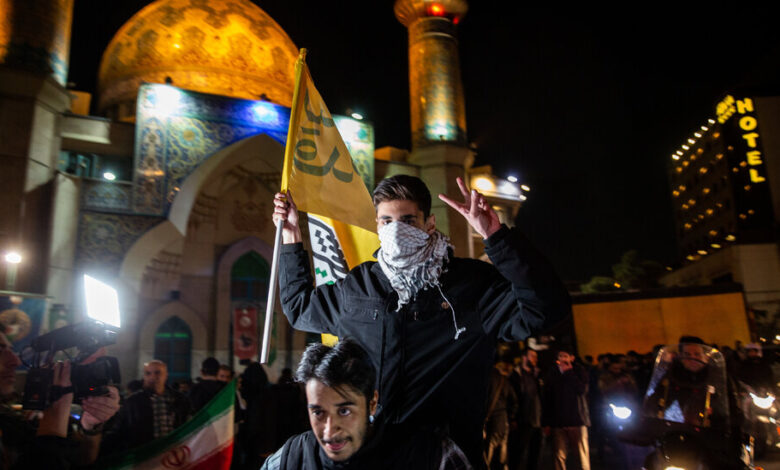US and Iranian officials have held indirect talks in Oman about the risk of a wider war.

According to a person familiar with the recent meetings, senior U.S. and Iranian officials held talks through intermediaries in Oman over the past week, the first such talks since Iran launched a retaliatory attack on Israel with hundreds of missiles and drones last month.
Brett McGurk, the White House’s top official for Middle East policy, and Abram Paley, deputy special envoy for Iran, attended the talks in Oman. The goal is to try to get Iran, which arms and trains militias across the Middle East, to rein in its partners. Since the Israel-Hamas war broke out, some Iran-backed militias in Iraq and Syria have stepped up attacks on US troops, raising fears of a broader war.
The most powerful militia in the region, Lebanon-based Hezbollah, has exchanged gunfire with the Israeli army in northern Israel and southern Lebanon. However, US intelligence officials assess that neither Hezbollah nor Iran want to participate in a broader war.
The United States has not had diplomatic relations with Iran since 1979, and discussions are often conducted through intermediaries and back channels. The format of the talks in Oman was similar to those held in January: Americans sat in one room while their Iranian counterparts sat in another, and Omani officials circulated between rooms. New series of negotiations for the first time reported by Axios.
Iran carried out a retaliatory attack last month used more than 300 missiles and drones after Israel killed General Mohammad Reza Zahedi, commander of Iran’s Quds Force, in an attack on Iran’s diplomatic complex in Damascus. Iran considered it an attack on Iranian soil and responded with its first direct attack on Israeli territory.
The US and Israeli militaries cooperated with the militaries of several European and Arab allies and partners to stop the attack.
For years, Israel has attacked Iranian forces and partner militias in Syria, where the government is aligned with the Iranian government. That “shadow war” is now an open conflict.
Jake Sullivan, White House national security adviser, said in a statement. news conference This week that “the threat from Iran and its proxies to Israel, to regional stability, and to American interests is clear.”
“We are working with Israel and other partners to defend against these threats and prevent escalation to full-scale war in the region through an effective combination of diplomacy. , deterrence, adjusting the posture of force and using force when necessary to protect our people and protect us.” our interests and those of our allies,” he added.
Mr. Sullivan is expected to travel to Saudi Arabia and Israel this weekend to discuss issues related to the Israel-Hamas war; One Potential broad diplomatic and security agreement involving the United States, Saudi Arabia and Israel; and the Iranian threat.




